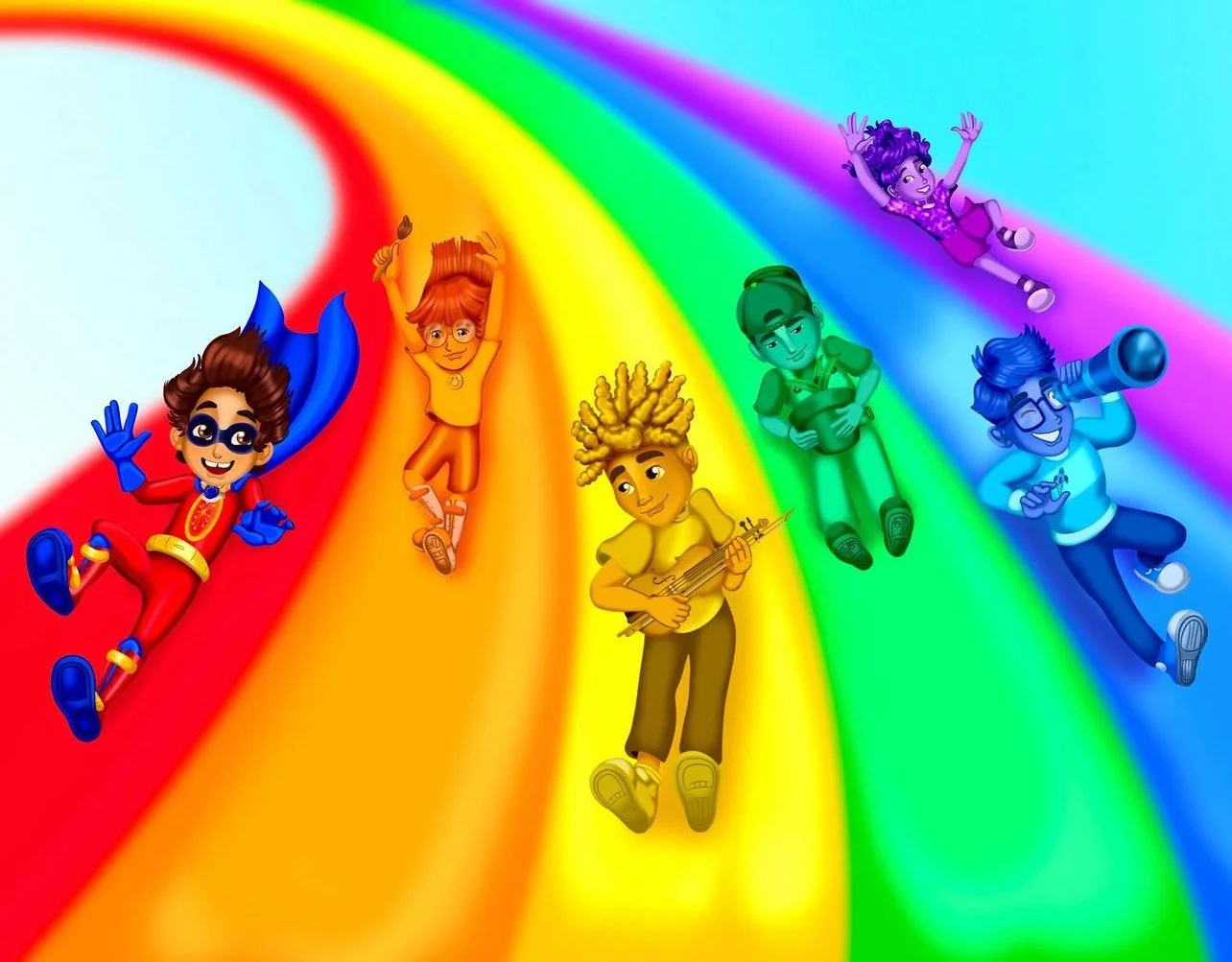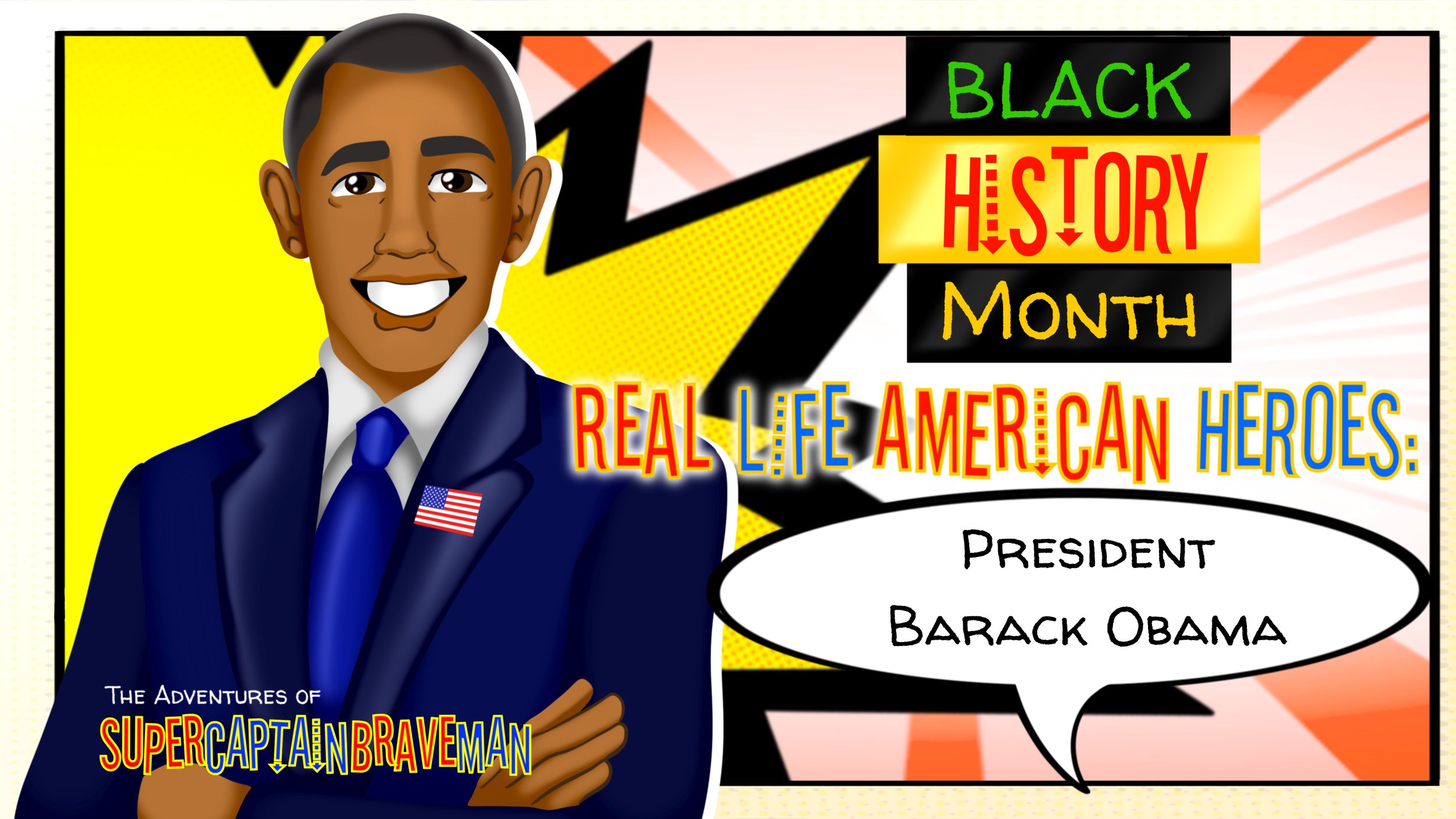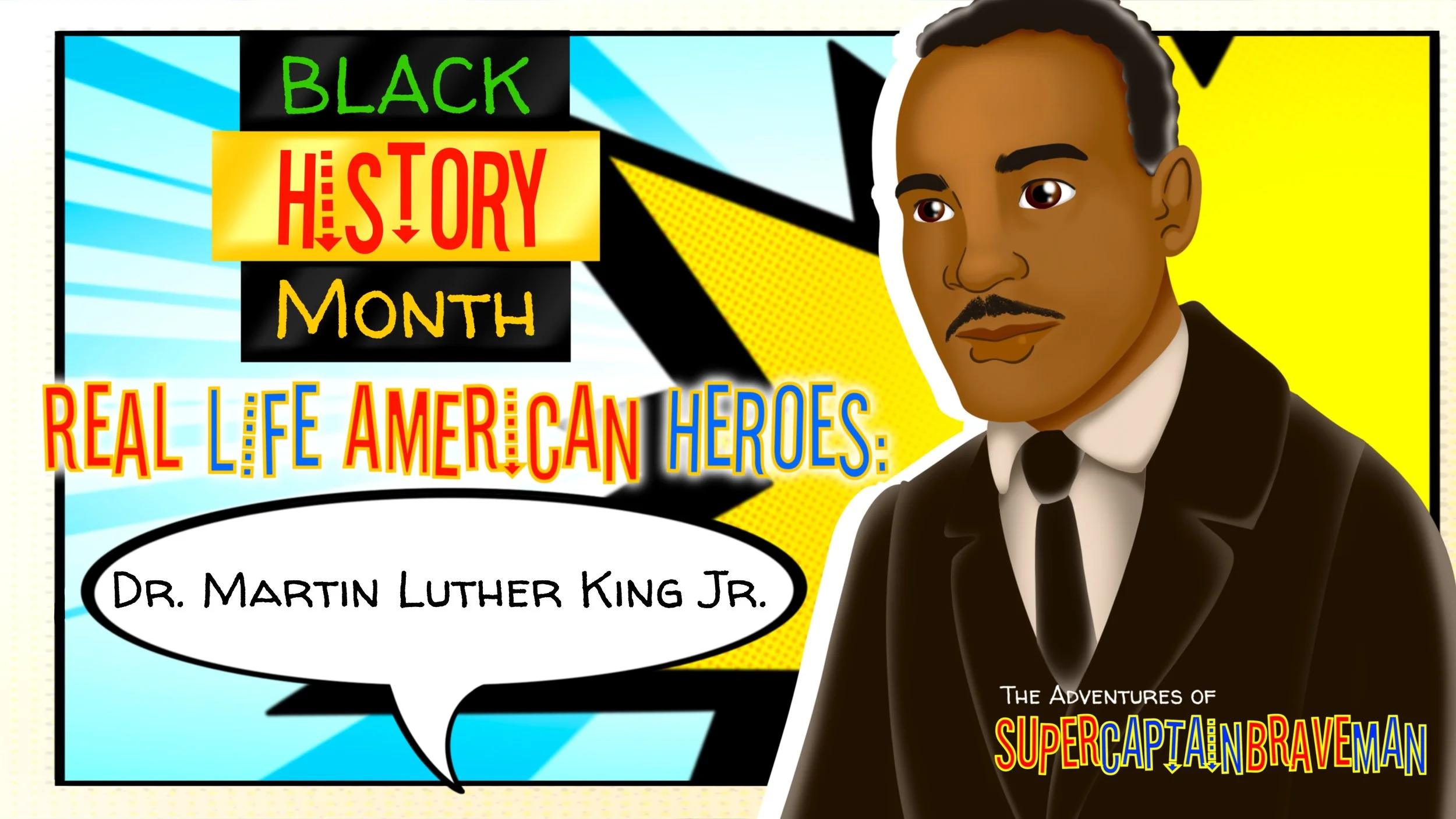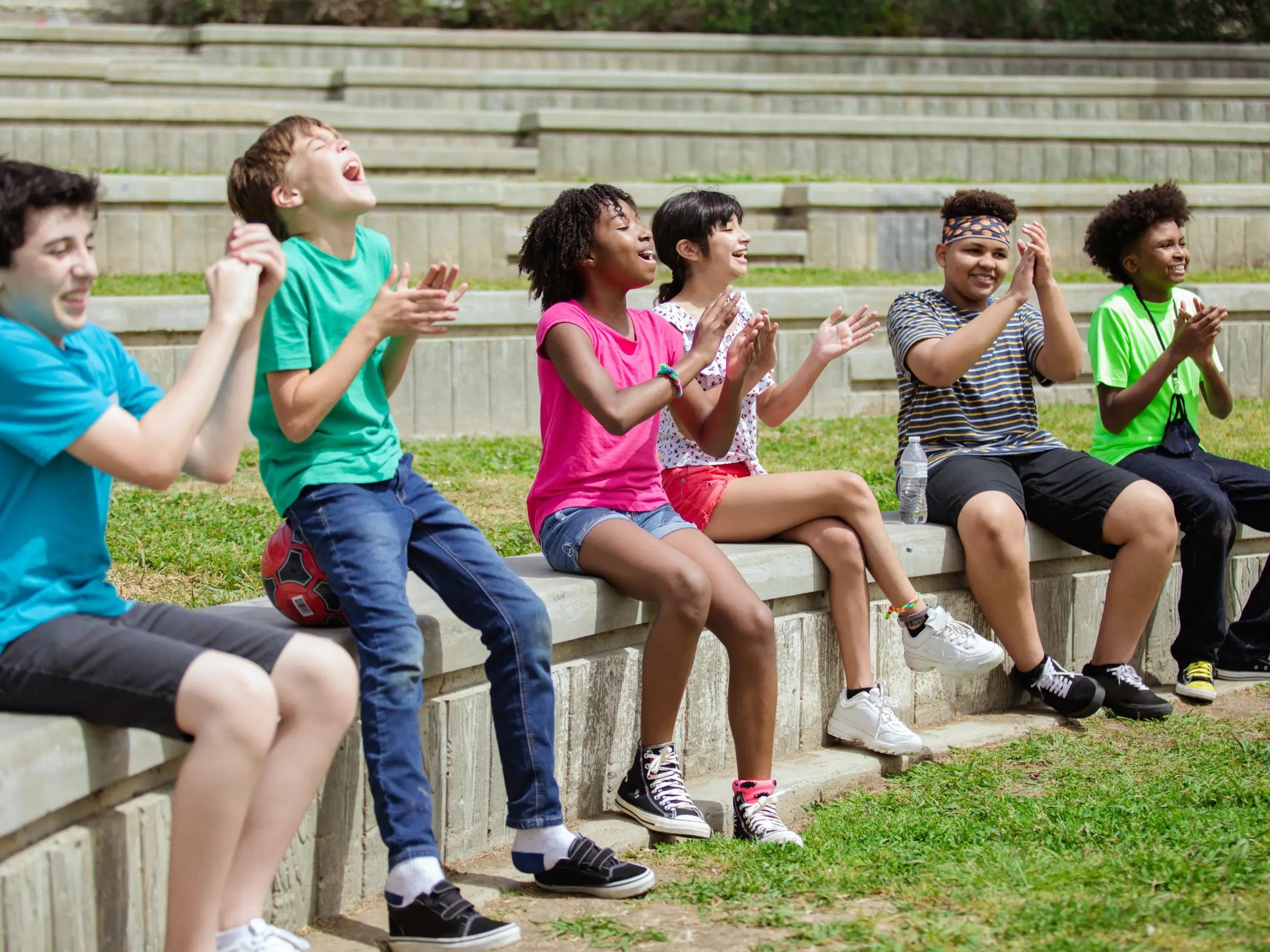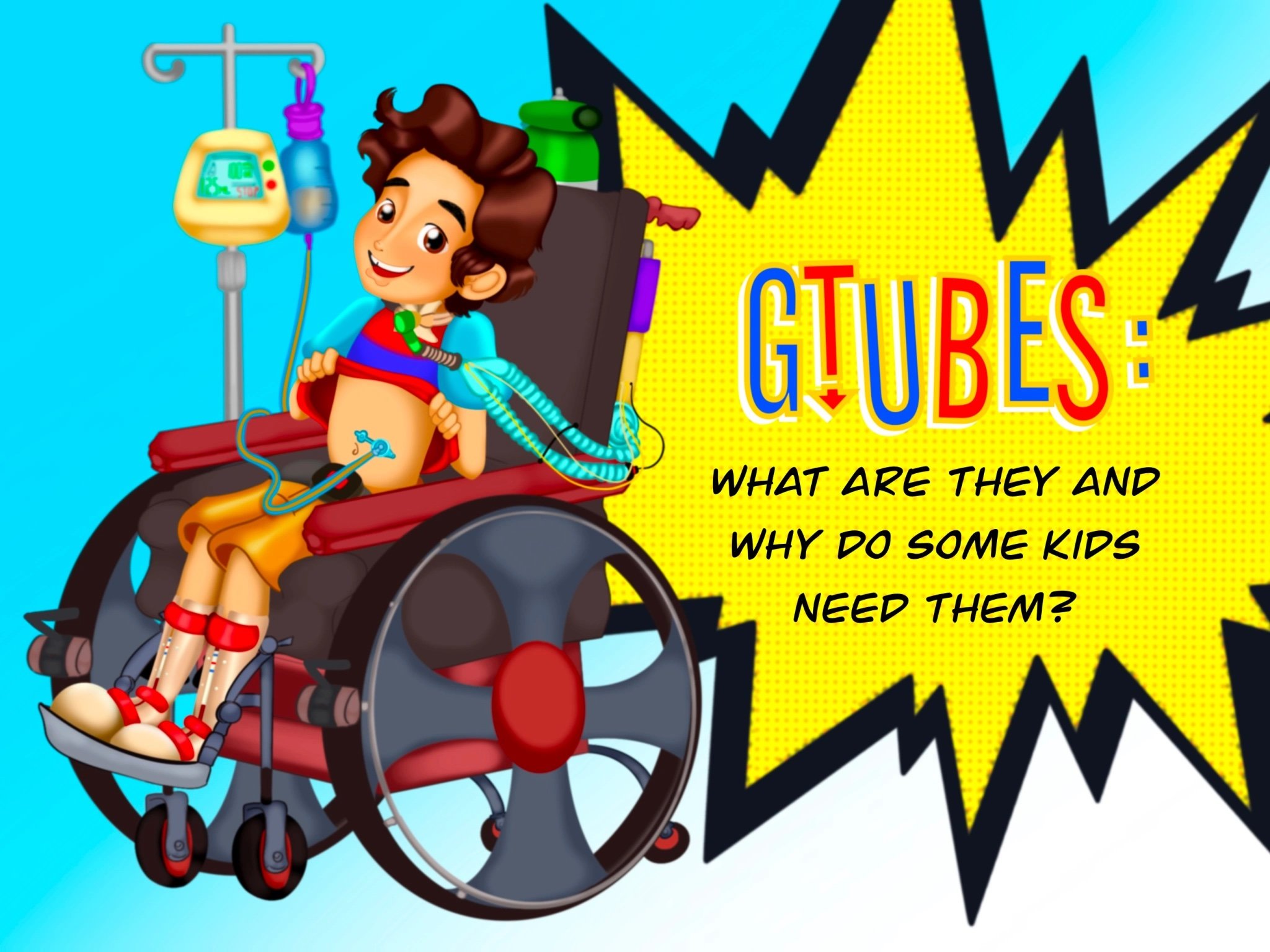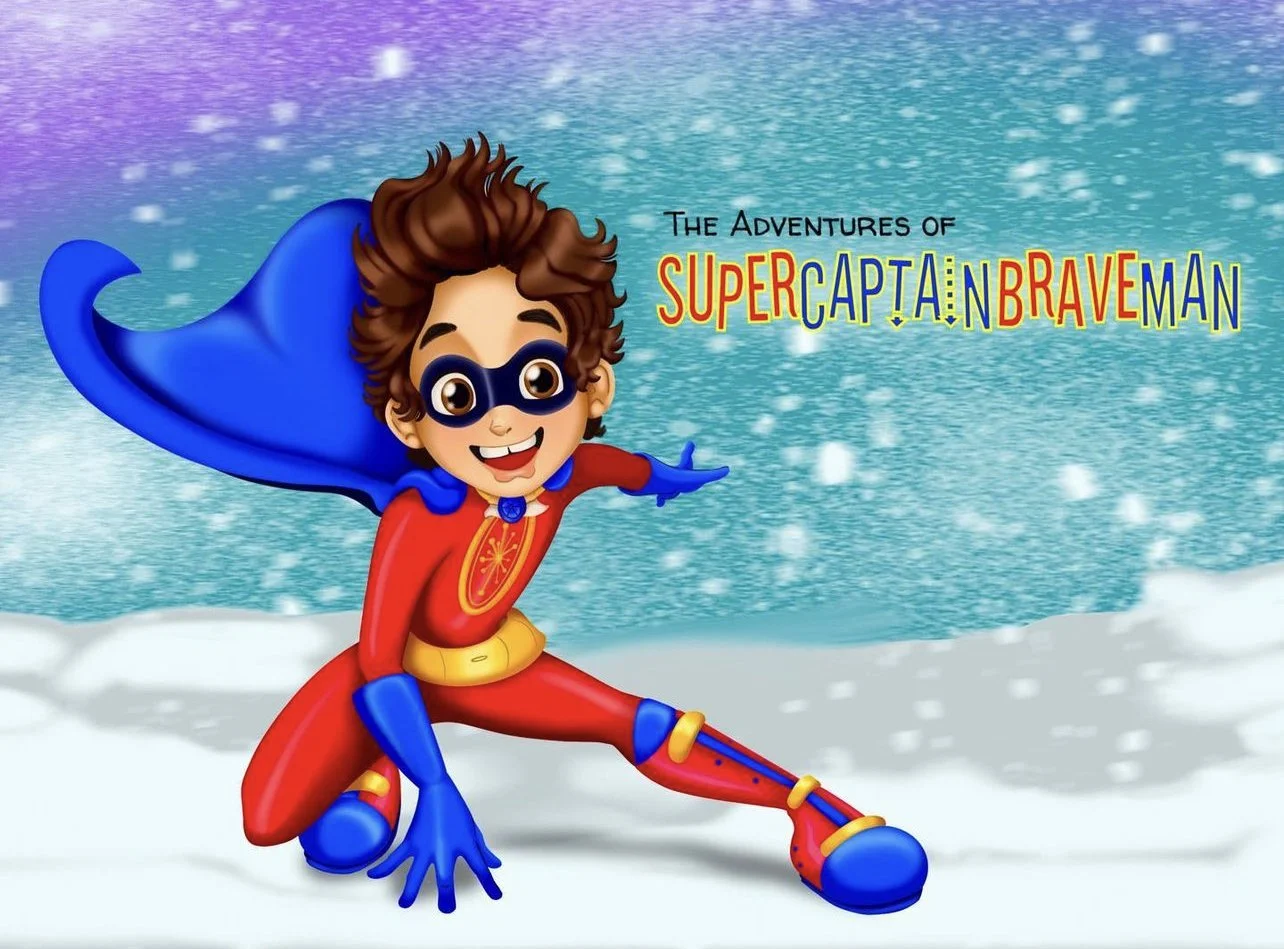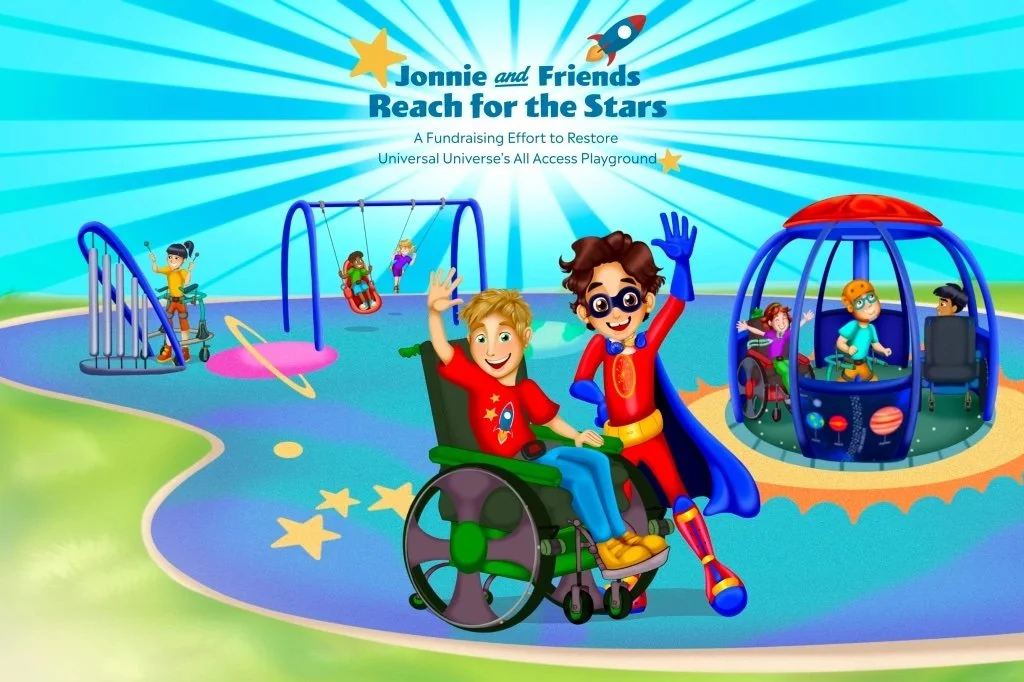Let's Talk About Mental Health: A Guide for Parents and Kids
/Hey awesome parents and kids! Taking care of our mental health is important, especially when times get tough. Here is a simple guide to help you learn about mental health — what it is, why it matters, and ways we can take better care of our minds every day.
Mental Health: What's It All About? You've probably heard the words "mental health", but have you ever wondered what it really means? Mental health is all about our social and emotional well-being — in other words, it’s how we feel when we’re with other people and when we’re by ourselves. Kids today especially face so many challenges that can impact their mental health. Pressures of school, social interactions, and the digital age can be a lot for kids to process.
Balancing The Stress Bucket: Imagine we each have a stress bucket sitting on top of our heads. School, friends, family—these fill up our buckets with different stressors. As the bucket fills up, it gets heavier and harder to balance, which can make us feel overwhelmed. So, it's important to empty our stress bucket by doing healthy things, like getting enough sleep, eating well, and spending quality time with friends and family.
Of course, stress is a natural part of life. The goal isn’t to completely eliminate stress — that’s not realistic. The goal is to be as healthy as possible so that we can manage the stress that comes into our lives with compassion and resilience.
Mental Wellness Journey: Mental wellness is like a lifelong adventure. It's not about always being happy but managing well in our day-to-day lives. We are all going to have good days and bad days, happy and sad days. Our mental wellness will go up and down throughout our lives, and that's completely normal.
However, While mental health is something we all have, mental illness is just one part of it. Mental illness involves mental health problems linked to high distress or problems in daily life. It's helpful to know that everyone has feelings, but not everyone has a mental illness.
Signs To Look Out For: Recognizing signs of potential mental health issues helps adults step in as early as possible. Experts suggest that adults pay attention to the following indicators that their kids may show:
Changes in Behavior: Sudden and significant changes in your child's behavior like increased irritability, withdrawal, or aggression.
Difficulty Concentrating: Academic challenges mixed with an inability to focus can be a sign of stress overload or anxiety.
Physical Symptoms: Complaints of frequent headaches or stomachaches, which have no apparent medical cause, could be from emotional distress.
Sleep Disturbances: Changes in sleep patterns, including difficulty falling asleep or frequent nightmares, are important to note.
Enhancing Children's Mental Well-Being: Adults are important role models to kids when it comes to healthy behaviors and seeking help when it’s needed. Here are some ways we can bring out the superheroes in ourselves and our children:
Open Communication: Establishing open lines of communication between parents and children helps create a safe space for kids to express their thoughts and feelings.
Promoting Healthy Habits: Encouraging regular physical activity and a balanced diet can positively impact a child's mental health.
Limiting Screen Time: Managing screen time is essential in the digital age, and engaging in activities that promote face-to-face interactions.
Seeking Professional Help: If parents observe persistent signs of mental health issues, seeking professional help is crucial. Child psychologists and psychiatrists can provide assessments and interventions tailored to the child's specific needs.
Mental Health Practices To Try: Getting into the habit of noticing when our stress buckets are too full and practicing stress-busting activities can be a big help to keep our minds and bodies in better balance. Here are some practices you can try with your kids:
Magic Breaths: When things get a bit overwhelming, try taking some magic breaths together. Breathe in slowly, counting to three, and then breathe out counting to three again. It's like a little magic trick that helps calm our feelings and make our nerves feel better.
Flip Those Thoughts: If you notice you’re feeling bad about yourself, recognize those thoughts and switch them for positive ones. For example, if you are down on yourself for doing badly on a test, tell yourself you know you didn’t do your best, but you are someone who will always improve and make each new attempt better than the last. Training your brain to let go of the past gives your mind room to welcome in the joy of the present and be enthusiastic about the future!
Feeling It Out: Sometimes our feelings just need a little expression. Draw them, dance them, write them, or talk them out with someone you trust — even talking your feelings out in private to your favorite toy can help! Getting your feelings out helps release them from your body. It truly does help you feel better!
Helpful Resources: Here are some great resources you can turn to for more education, tools and specialized help:
Meet Little Monster Coloring & Activity Book (English, other language available here)
Crisis Text Line (Text HOME to 741741)
Quality Time in No Time: Quick and Simple Ways to Make Family Time More Meaningful (Course)
Final Thoughts: Mental health is a big deal, but it's not as scary as it may seem. We can all play a part in taking care of our mental health and supporting each other. Remember, you're not alone, and taking care of our mental health is something we can all do together! 💖






